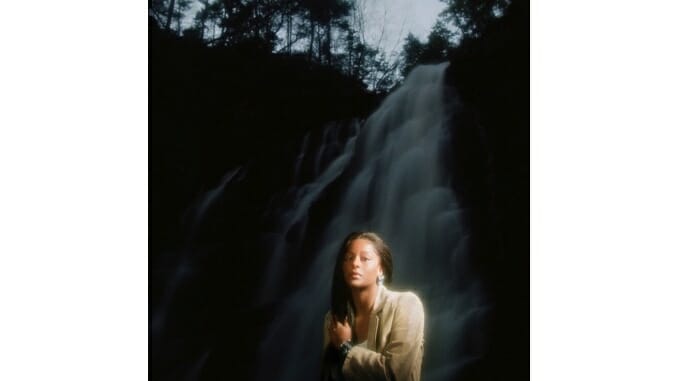No Album Left Behind: L’Rain’s Fatigue Is a Breathtaking, Ever-Changing Exploration of Human Emotion
Brooklyn experimentalist Taja Cheek is in a constant state of flux on her sophomore album, and her warbly, yet instantly memorable music follows suit

The hard truth is, no matter how many albums we review each year, there are always countless releases that end up overlooked. That’s why, this month, we’re bringing back our No Album Left Behind series, in which the Paste Music team has the chance to circle back to their favorite underrated records of 2021 and sing their praises.
The words in Taja Cheek’s songs often matter less than how she says them. On Fatigue, the Brooklyn experimentalist’s wondrous second album as L’Rain, much of her lyricism borders on inaudible, but her soulful quiver, warbly arrangements, and constant sense of free-fall and expansion illuminate her unceasing emotional flux. When the lyrics are occasionally discernible, the fluid, yet familiar shape of her abstract introspections becomes clearer, like steam rapidly condensing into ice. It’s the sound of someone drifting through their thoughts and feelings, helpless to how their words change as they pour out into the real world. It’s a breathtaking, immersive, often mournful exploration of the fundamentally transformative, ever-changing nature of feeling.
-

-

-

-

-

-

-

-

-

-

-

-

-

-

-

-

-

-

-

-

-

-

-

-

-

-

-

-

-

-

-

-

-

-

-

-

-

-

-

-








































